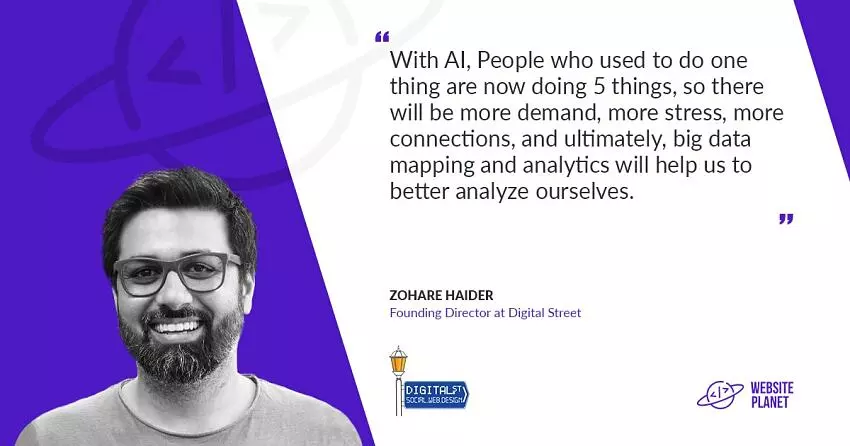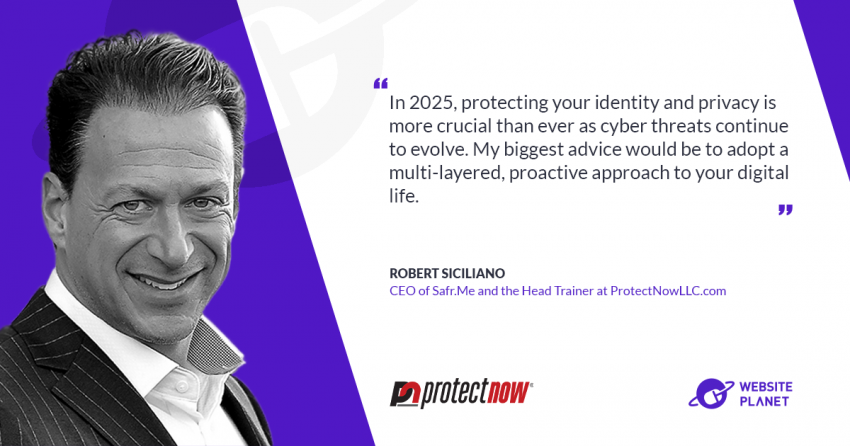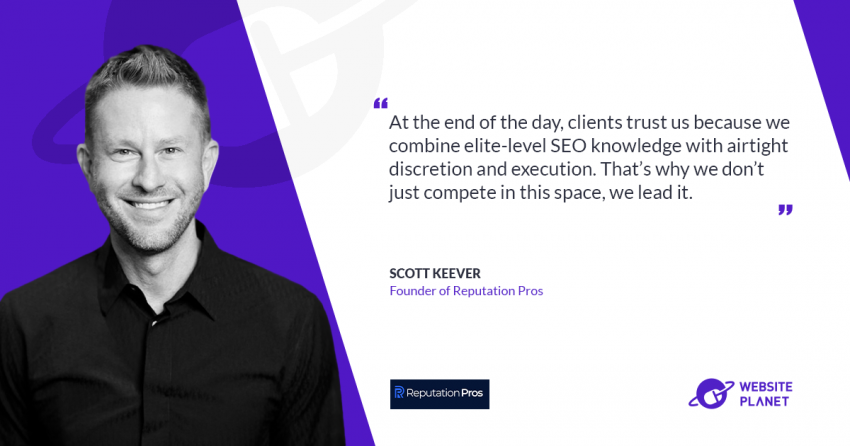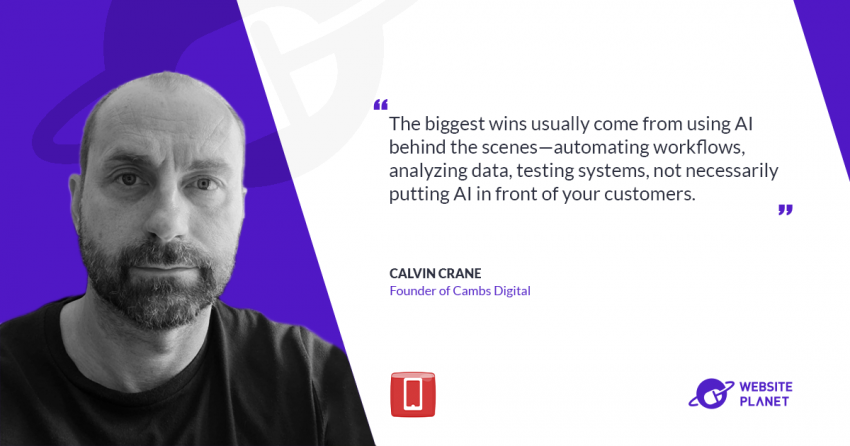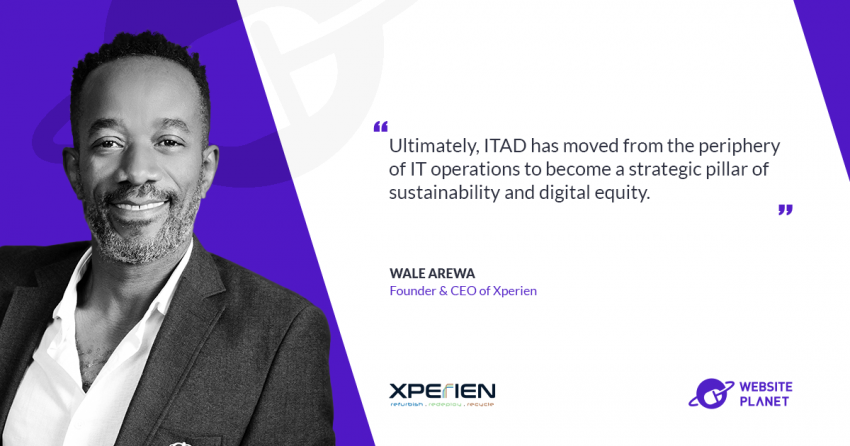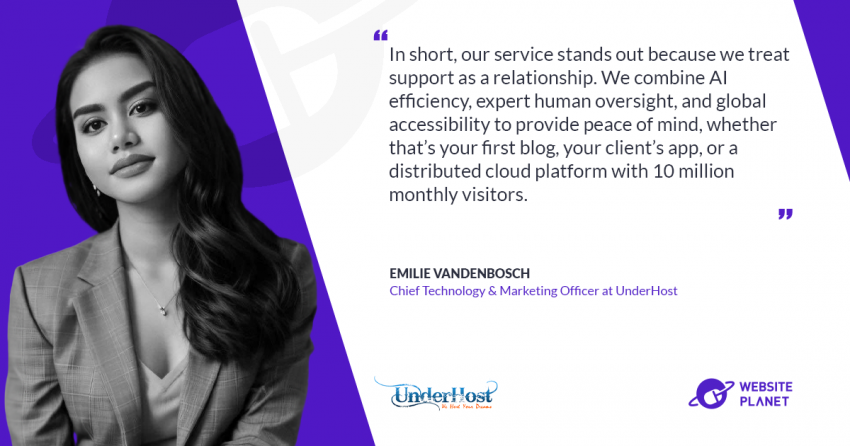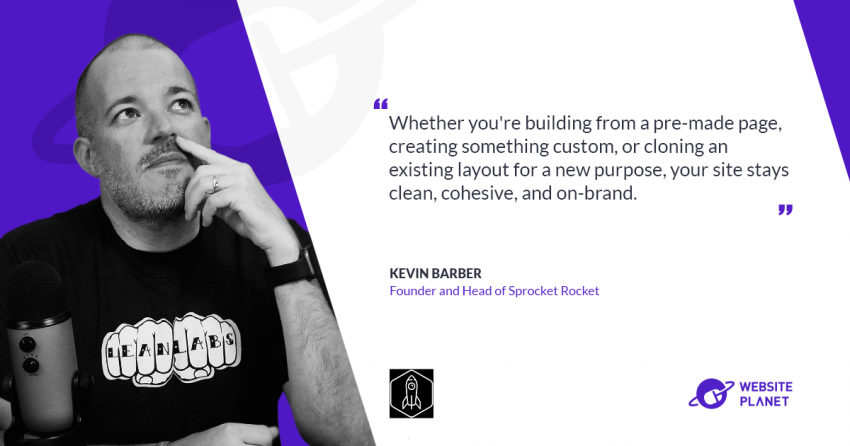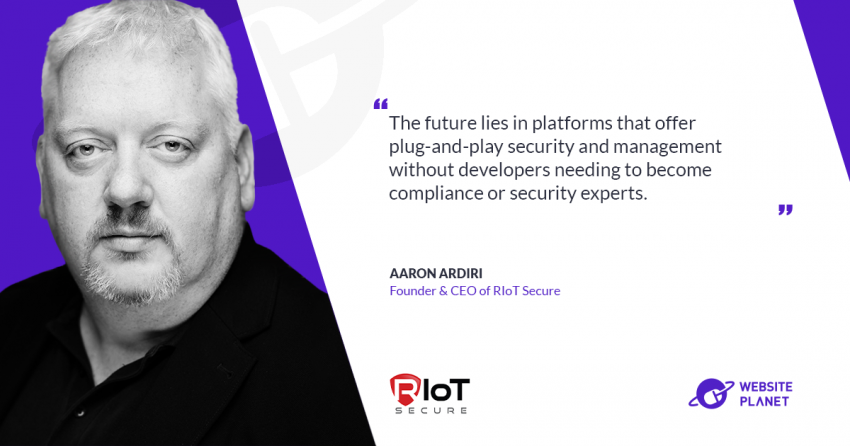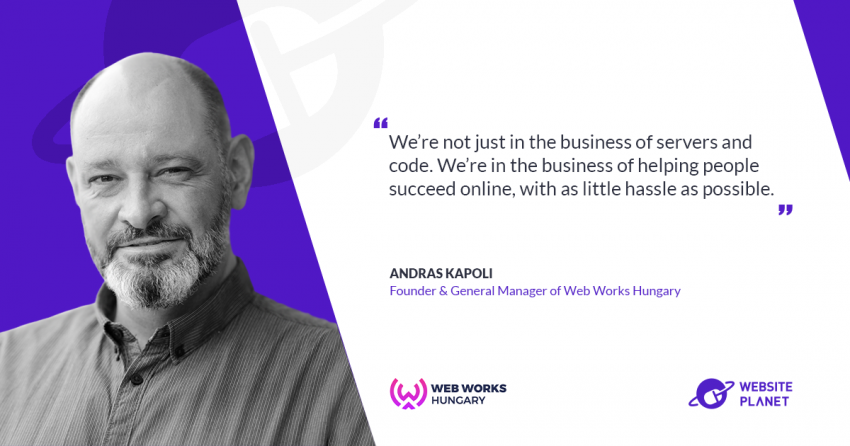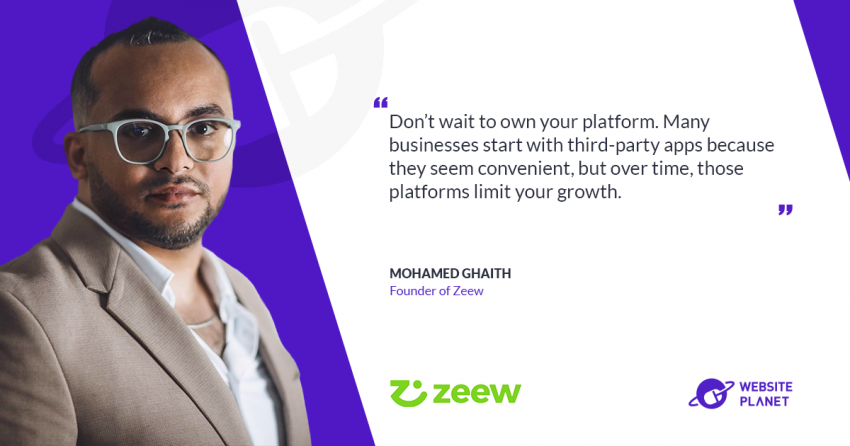Digital Street is a boutique brand marketing agency, providing a full range of web, social, marketing and design services for startups and corporations in Dubai and Pakistan. In this interview, founding director Zohare Haider describes how the agency came together and gives some valuable tips for brands who wish to gain authority and presence online.
Please describe the background and vision behind founding Digital Street
I started Digital Street about 4.5 years ago with the goal to create a revenue channel that would support another venture that I’m running in the food space. It was too early for me to go through venture financing so I wanted to create a revenue stream that will be used by the other startup and help me sustain that business and get it on its feet.
As for my own background, I spent 15 years in a mix of companies including the British Council and the Ooredoo Group, which is a global communications company in Qatar. I launched one of their operators in Pakistan, where I also built and scaled up their online marketing strategy and digital customer service.
Prior to this, I launched a drip irrigation project in Pakistan’s desert region, which was among the earliest Agri-tech propositions in the region. Suffice to say, I’m fairly experienced with both startups and mega-corporations, both of which have allowed me to be open-minded about emerging opportunities.
Not long after establishing Digital Street, my Co-Founder and life partner, Sophiya, came on board and took the helm as Managing Director, and has been steering the ship ever since, in addition to leading the creative arm, which was an essential part of growing our offer. But this started as a small ship and was never meant to become more than that.
About a year in, things started to take off. Within the first few months, we incorporated the company in Dubai and went on a client-winning spree, and began building a reputation.
Our basic formula was very simple: social, web, design. Those are the 3 core functions we offer. With my other startup, I had a team working on web and social, so we bootstrapped our service, along with the addition of a small network of partners, together with whom we were able to deliver a range of services that later became in-house.
The idea came while I was showcasing
foona at the web summit in Dublin, Ireland. I went with 2 questions in mind:
- Should I continue? Is this idea that I’m working on actually viable? Is there a need for it? Should I be spending more time, effort and resources on it?
- If I do continue, where will I get money to fund my startup since it’s too early for VC funding?
I returned home with both of these questions answered.
On the 3rd day of the conference, I attended a panel discussion with Bono, Dana Brunetti, Eric Wahlforss, David Carr & Bill McGlashan, where they spoke
about how to build a media brand. I began to drift off, thinking about how I spent all my money to get my startup to Web Summit and started worrying about what would happen next.
I was panicked.
So when the NY Times columnist, David Carr, started talking about reusing existing resources, I turned to my developer, the one who built my initial prototype, and said, if we started a company, what would we call it?
He said “Digital Street”. And that was it.
Zoom back about 1 year to when the .st domains had become available and I bought a bunch of them, with no plans on how to use them. I had hoped they would help start an alternate revenue stream to help finance my startup.
I never thought I would start another company from any of them.
In 2015, a day after my birthday, we launched the company and hosted a small dinner party with a lot of bloggers and well-known people from the web, tech and telecom industries. We announced a launch and did a presentation, and that was the bulk amount I had spent on the company. Everything else just took off on its own.
We got our first routine business with 3-4 retainer clients and things started to roll, but at the same time, I had a full-time job where I was leading the digital transformation of a UK Government entity in a region.
Several months after launching the company I got my wife involved. She is a print artist who got her masters from the Rhode Island School of Design. I dragged her into the company and she became the managing director while I focused on bringing the clients in.
That was 4.5 years ago. We now offer everything in-house; with 12 full-time employees between two offices, in Pakistan and Dubai; we opened our Pakistan branch in 2018. Things just grew and we reached moments where we were taking too much work and didn’t have the capacity to deliver, so we changed our strategy to reduce the volume of work to foster and invest in long term customer relationships.
What’s unique about Digital Street?
We grew from a solution-based agency to a brand marketing agency. You come to us with a logo and we take care of everything else: from brand manuals, creative execution, online presence, pages, websites, microsites, social presence, communication, engagement, digital strategy. Generally developing a robust digital communications strategy.
We added video and animation into the portfolio because we realized that just building a website in isolation is not the way to go about it. So we were asking ourselves, how can we draw a red string through everything we do?
The brand is the core, and it has challenges. If a client says they want a website, or billboard, or anything else, the first thing we ask is why? Why do you need it? Is it really the problem? is it the right solution? Is there a better way to do it?
We come from a lower price point, but we spend time consulting our clients to help reverse engineer and go back to tackle the problem from a new angle.
You know the feeling when you put out great content and you have engagement, people come to your website but somehow, the information sends out the wrong message? it’s not communicating your original intention.
In such cases, we try to go back to the root cause of the problem.
When it comes to branding, clients can be very set on what they need and want, even when they are wrong. That’s when we’d say, ok let’s do it on low intensity and see how it goes. We provide the service, but we also demonstrate what we think would be a better way.
When you’re so tied up in your business, it can be hard to see the big picture, but with our help, you have a stronger position on the market.
We love advising and providing services that enable business transformation. Since we’re a boutique agency, we want to service businesses that truly need us, like startups, growth marketers, enterprise-scale clients, funded startups, and large corporations like Unilever and Al Dobowi Group.
What are your best tips for brands who want to become successful online?
Without demoralizing, I realize it’s not something that you can answer with a clever statement.
As a service provider, we were always busy working for the customers rather than for our own brand. Over the last few months, we’ve been in the process of recollecting all of our own materials, rehashing existing PR and revamping our marketing efforts.
If I had to create brand value from scratch, I’d first go back to the basic questions: what do I do, who do I it for, why do I do it, and how?
To be an effective communicator you have to really understand where is your market and how you create value.
As an example, let’s say I have a small grocery store where there is no competition. I have absolute market dominance and a strong, established business, so I have 2 choices: Either I provide good service and keep them coming back because in the future I might have competition, or I provide bad service because I have a monopoly and become complacent towards risk and competition.
This prehistoric thinking is why many businesses end. Nokia and Motorola wouldn’t be where they are today if they hadn’t acted like that. IBM and Microsoft are the 2 giants that were smart enough to be consistent with what they do and provide great value despite their monopoly.
Take away all of those millions of dollars in subscriptions, and they are no different from that grocery store.
I talk to people who are senior experts in their domain and I come along to tell them what I would do differently.
They should be saying that I don’t know their industry, but as a marketer, you have to dance around all of that and help them see through demonstration without upsetting them.
I would tell them, let’s get to know each other – let me earn your trust and help you improve the way you do things.
Having a strong proposition means understanding your market, suppliers, and placing your customers at the core of your business. To succeed, maintain a favorable supply-demand ratio and a clear vision of your desired position.
You have to be really in love with what you do and have a tremendous passion to endure the challenges and continuously provide a good service or product.
Which tools and technologies do you find to be the most intriguing these days and why?
Everyone is hyped about the fourth wave of the industry. There’s a massive increase in skills and capabilities, enabling us to do much more than what we are doing today.
Incorporating blockchain, privacy will become a standard, not a privilege, giving solutions for many national challenges as well as services to make inventory procurement and management better and easier.
Artificial intelligence and Machine learning are becoming very powerful.
Most people don’t realize how easy it is to run a Facebook ad campaign.
5 years ago you needed an account manager and a team of people in order to do it, it wasn’t as easy as it is today. What started about 15 years ago became a problem rather than a solution. Put simply, our phones had taken over our lives.
We are able to do a lot more in a unit of time, unlocking artificial intelligence to do more things.
It seems overwhelming, but it’s like we were sleeping for 500 years until technology unlocked our potential. Nowadays, 5 years are like a lifetime; every 6 months there’s something new coming up quickly, and the rate of evolution is starting to catch up.
People who used to do one thing are now doing 5 things, so there will be more demand, more stress, more connections, and ultimately, big data mapping and analytics will help us to better analyze ourselves.
